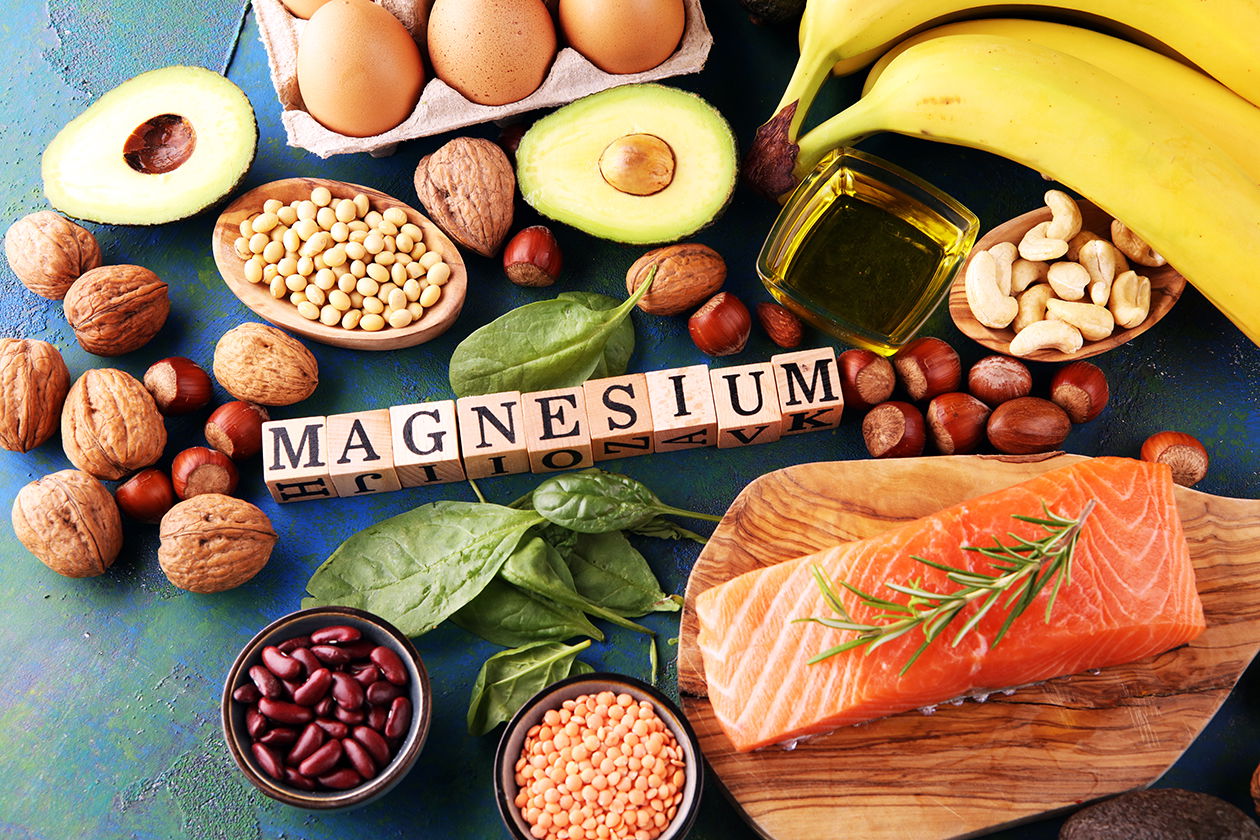Constipation - Tips to Help You Find Relief
Did you know that research suggests that approximately 20% percent of adults and 33% of children in the UK suffer from constipation, with many enduring chronic symptoms? Although constipation is commonly defined as having fewer than three bowel movements per week, Naturopathic perspectives include a broader range of individuals. Bowel movements that are infrequent, difficult to pass, or improperly formed can lead to a build-up of toxic substances in the colon, posing a risk to overall health. Ideally, you should be going every day.
As a colon hydrotherapist, my primary goal is to ensure that clients have regular and healthy bowel movements, as a sluggish bowel can affect the body's overall functioning. When toxins are unable to be eliminated through regular bowel movements and waste remains in the colon for extended periods, toxins can be reabsorbed into the bloodstream. This increases the burden on the liver, which is responsible for detoxification, potentially hindering its ability to perform other crucial functions like hormone metabolism. Elevated toxicity levels can contribute to issues such as skin problems and headaches.
Even though December was Constipation Awareness Month, I feel the effects of holiday stress, over consumption and potentially less healthy eating habits tend to have their biggest impact come January. By February, your body might be in need of a little reset. Therefore, it is a great time to look at some helpful tips to encourage regular and healthy bowel movements.
POSITIONING
Recall those summer holidays abroad where squatting over a hole in the floor was necessary. It may have appeared absurd, but was it really? Squatting is the natural anatomical position for passing bowel movements. Instead of standing on the toilet, try using a squatty potty to elevate your feet while on the toilet seat. This alteration in position may yield positive results.
A fellow colonic hydrotheraptist has a fantastic ‘potty training’ video that I encourage you to watch at here.
CHEW YOUR FOOD
I think this is one of the most overlooked benefits of improving digestion. We live in a very fast paced society, so mindful eating for many has gone by the way side. Always chew your food well – at least 20-30 chews per mouth full. ‘Drink your food and chew your drink.’ Digestion begins in the mouth where you produce the enzyme amylase, which aids in breaking down carbohydrates.
Additionally, raw fruits and vegetables contain live enzymes necessary for digestion. This is why it’s so important to chew your raw veggies well in order to break the cell membranes and release these enzymes. Not chewing your veggies well can result in bloating, gas and constipation.
FIBRE AND BUTYRATE

Most individuals are aware of the importance of fibre for bowel regularity, but it is worth noting that there are different types of fibre. While many people discuss roughage, which is insoluble fibre, for some people it can be harsh and irritating to the gut lining. It is still important to include roughage, such as raw leafy greens and skins, but there is another type of fibre that you should be consuming.
Soluble fibre helps keep stools soft by drawing water to the bowel and increasing bulk in a gentle manner. Soluble fibre is also the main source of Butyrate production.
So what is butyrate? Butyrate is a short-chain fatty acid and is produced through microbial fermentation of dietary fibres in the lower intestinal tract. Butyrate is known to feed the cells lining the colon, promote a healthy gut barrier, and prevent “leaky gut”. This keeps bacterial products from crossing into the blood and brain and causing inflammation. It is also associated with improved gut motility. A recent study shows that an abundance of butyrate-producing gut bacteria relieves constipation symptoms via short-chain fatty acids production and hormone secretion.
To boost your butyrate production (and increase your microbiome diversity) incorporate some of these good sources of soluble fibre including cooked oats (not raw), blackberries, plums, prunes, kiwi, figs, apples, carrots, unripe bananas, pulses, cooked whole grains, avocados, sweet potatoes, broccoli, and pears.
Flaxseeds, when soaked overnight in water and consumed whole along with the mucilage, can be highly effective for constipation and alternating IBS-type bowel movements. Put 1 tbsp of whole flaxseed in a flask and fill will boiling water. Leave overnight and drink the warm water throughout the morning. The soaked flaxseeds can be added to porridge or a protein shake to disguise their unique consistency.
MAGNESIUM
Imbalances in mineral levels, particularly an excess of calcium and a deficiency of magnesium, can contribute to constipation. Magnesium and calcium work together to regulate muscle contractions. However, when there is an imbalance, the muscles in the bowel wall may contract without relaxing properly, resulting in difficulty passing stools. Magnesium-rich foods include nuts, seeds, brown rice, and dark green leafy vegetables. There are a few forms of Magnesium; however, Magnesium citrate is the best form to use for constipation as it pulls water into the colon.

LOW FAT DIET
Fat plays an important role in stimulating motility or forward motion in the colon, which in turn promotes regular bowel movements. It helps to lubricate. When you eat a low-fat diet you may at times feel constipated. We need essential fatty acids. They are called ‘essential’ because our body does not make them and a deficiency can cause serious health complications.
Always reach for the heart healthy fats found in foods such as avocados, nuts, extra virgin olive oil, flaxseed oil, and wild caught fatty fish (farmed fish are a big NO). Not only will your bowels thank you, but your hair, skin and nails will too – not to mention your heart!
COLON HYDROTHERAPY
Your colon is approximately 5 feet long and it serves as your body’s principal drainage system. Colon hydrotherapy has been used by different cultures for thousands of years. It is a natural restorative therapy involving the use of warm water introduced into the colon to encourage peristalsis (contractions) to eliminate waste and to help restore tone to a sluggish bowel. Colon hydrotherapy is also very hydrating to the bowel, softening the stools allowing them to pass more freely with less discomfort and straining.
I see clients on a weekly basis suffering from long-term constipation and through colonic hydrotherapy, and dietary and lifestyle changes see great improvement. It often leaves people feeling lighter, energised and inspired to make healthier choices. The digestive system is closely linked with the brain, the immune system and the liver. Often people express feeling calmer after a colonic and report benefits to the appearance of their skin, the clarity of their thinking and the quality of their sleep. As you can see, the benefits of colonic hydrotherapy can go beyond relieving constipation.
*Must be 18 or older to receive colon hydrotherapy.
MOVEMENT
Regular exercise is crucial to encourage muscular contractions in the intestines. Certain yoga poses, such as seated and supine spinal twists, as well as cobra pose, can be beneficial in gently massaging the digestive organs and promoting healthy bowel movements.

HYDRATION
Although this tip is often overlooked, it is by no means less important. It is remarkably simple yet often neglected. Aim to consume 2 litres of fluid per day, preferably filtered water. Limit consumption of tea and coffee to no more than three cups per day (including green tea), as excessive intake can act as stimulants and diuretics, potentially inhibiting digestive secretion.
Caffeine is very dehydrating to the body. The body draws water from the bowel when it senses dehydration, which results in harder stools. If you are exercising or under a lot of stress, your body will use more water, so keep this in mind when monitoring you fluid intake.
Consider trying some of these suggestions to see which ones benefit you the most. It may be all of them or a combination of a few. We’re all different and when it comes to constipation, one size does not fit all.
If you wish to try Colon Hydrotherapy and live in the Southwest of England, please contact me and I will be happy to answer any questions. I work at 2 clinic locations in Devon - Arcturus Clinic in Totnes and The Plymouth Naturopathic Clinic in Plymouth.
